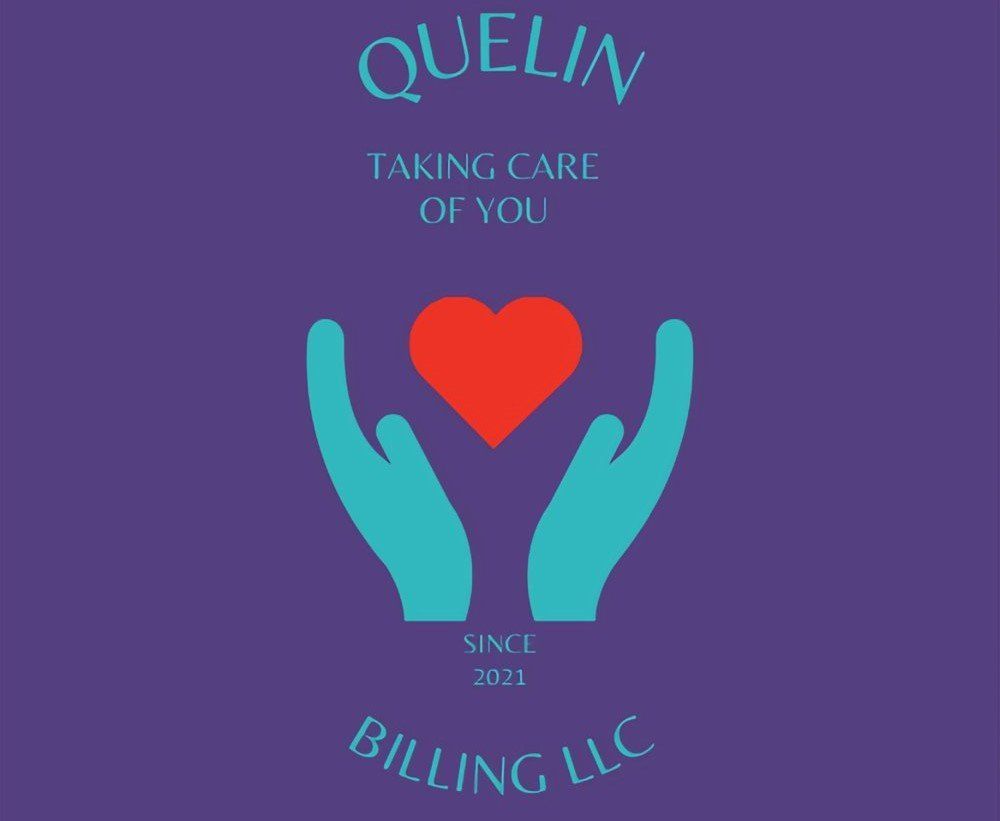5 Reasons Medical Billing Denials Are Rising Than Ever
The Growing Issue of Medical Billing Denials
Medical billing denials have become a prevalent issue in the healthcare industry, with an alarming increase in recent years. According to recent studies, medical billing denials have risen to 20%, posing significant challenges for healthcare providers and billing companies. This trend has led to delayed payments, increased administrative burdens, and reduced revenue for healthcare organizations. This article will scrutinize the reasons behind the rising medical billing denials and their impact on the healthcare industry.
Complex and Ever-Changing Insurance Regulations
The constantly evolving landscape of insurance regulations is one of the primary reasons for the increasing medical billing denials. Insurance companies have complex and ever-changing billing requirements, coding guidelines, and reimbursement policies that are challenging to keep up with for healthcare providers and billing companies alike. This leads to errors and discrepancies in the billing process, resulting in denials and payment delays. In fact, studies show that 3% of medical billing denials are due to coding errors and a lack of adherence to insurance regulations.
Insufficient Documentation and Inaccurate Coding
Insufficient documentation and inaccurate coding are other significant factors contributing to the rising medical billing denials. Medical billing involves complex coding systems, such as Current Procedural Terminology (CPT) codes, Healthcare Common Procedure Coding System (HCPCS) codes, and International Classification of Diseases (ICD) codes, which need to be accurately documented and submitted for reimbursement. However, errors in coding or incomplete documentation can lead to denials and rejections of claims.
Lack of Automation and Technology Solutions
The lack of automation and technology solutions in the medical billing process contributes to the rising denials. Many healthcare providers and billing companies still rely on manual and paper-based billing processes, which are prone to errors and delays. In today's fast-paced healthcare environment, automated billing systems, electronic health record (EHR) integration, and advanced analytics tools are crucial to ensure accurate and timely billing submissions. However, studies show that a majority of healthcare organizations have fully automated billing processes in place.
Increasing Scrutiny from Payers and Auditors
Payers and auditors increasingly scrutinize medical billing claims, leading to higher denial rates. Insurance companies and government payers are conducting more thorough audits to identify potential fraud, waste, and abuse in the billing process. They also closely review medical necessity, documentation requirements, and billing practices, resulting in denials for claims that do not meet the strict guidelines. Additionally, the implementation of value-based care models and alternative payment models has added complexity to the billing process, leading to higher denial rates.
Lack of Proper Training and Education
The lack of proper training and education for healthcare providers and billing staff contributes to the rising medical billing denials. Billing and coding are complex and ever-changing fields that require specialized knowledge and expertise. However, many healthcare providers and billing staff may not receive adequate training on coding guidelines, documentation requirements, and insurance regulations. This can result in errors in the billing process and subsequent denials. Studies show that 16% of medical billing denials are due to a lack of proper training and education.
Conclusion
In conclusion, the rising trend of
medical billing denials has become a significant challenge for healthcare providers and billing companies, leading to delayed payments and reduced revenue. Complex and ever-changing insurance regulations, insufficient documentation and inaccurate coding, lack of automation and technological solutions are some of the common reasons for growing medical bill denials. If these errors are rightfully monitored, the denials can be efficiently mitigated to offer better medical bill settllement.










Send us a Message
Business Locations

Main Office
7550 W Interstate 10 Suite 800-1406 San Antonio, TX 78229
Business Hours
- Mon - Fri
- -
- Saturday
- -
- Sunday
- Appointment Only